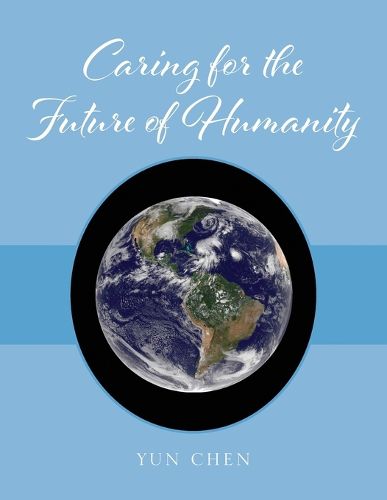Readings Newsletter
Become a Readings Member to make your shopping experience even easier.
Sign in or sign up for free!
You’re not far away from qualifying for FREE standard shipping within Australia
You’ve qualified for FREE standard shipping within Australia
The cart is loading…






This title is printed to order. This book may have been self-published. If so, we cannot guarantee the quality of the content. In the main most books will have gone through the editing process however some may not. We therefore suggest that you be aware of this before ordering this book. If in doubt check either the author or publisher’s details as we are unable to accept any returns unless they are faulty. Please contact us if you have any questions.
This book examines the origins of humanity, the historical evolution of human societies, and the development of productivity across different eras. It reveals that human survival models have always been dictated from the top down by the prevailing social governance systems of each period. These governance models have historically followed a feudal, autocratic, and hierarchical pyramid structure, which has severely restricted the development of human productivity. Although the United Nations was established in the aftermath of World War II based on the principles of universal values and implemented a governance system centered around nations, ethnic groups, and families, this system, after being in place for over 80 years, has led to severe internal conflicts and struggles among humans, significantly hindering human survival and progress. The wealth gap has widened dramatically, transforming society into an even more hierarchical pyramid-like structure. In particular, the family-based governance model, which places the responsibility of human reproduction on the younger generation, has resulted in overwhelming economic burdens, depriving young people of the ability to fully enjoy life. Redefining how humanity sustains its existence is an urgent issue that must be addressed. Meanwhile, internal power struggles within the United Nations, driven by competing factions, have severely hindered global unification efforts. Fundamental human values such as human rights, democracy, equality, and freedom have been reduced to mere slogans. The division of the world into nation-states as independent economic units has fueled endless conflicts and power struggles among different factions, each seeking control, monopolization, and dominance over resources. The proliferation of nuclear and chemical weapons has further escalated threats to human survival. With technological innovation driving social transformation, humanity must seize this historic opportunity to revolutionize and reshape our survival model. Moving forward, human survival models should dictate governance systems, rather than the other way around. The future of human society should be built upon governance structures that exist solely to serve and support human survival and well-being.
$9.00 standard shipping within Australia
FREE standard shipping within Australia for orders over $100.00
Express & International shipping calculated at checkout
This title is printed to order. This book may have been self-published. If so, we cannot guarantee the quality of the content. In the main most books will have gone through the editing process however some may not. We therefore suggest that you be aware of this before ordering this book. If in doubt check either the author or publisher’s details as we are unable to accept any returns unless they are faulty. Please contact us if you have any questions.
This book examines the origins of humanity, the historical evolution of human societies, and the development of productivity across different eras. It reveals that human survival models have always been dictated from the top down by the prevailing social governance systems of each period. These governance models have historically followed a feudal, autocratic, and hierarchical pyramid structure, which has severely restricted the development of human productivity. Although the United Nations was established in the aftermath of World War II based on the principles of universal values and implemented a governance system centered around nations, ethnic groups, and families, this system, after being in place for over 80 years, has led to severe internal conflicts and struggles among humans, significantly hindering human survival and progress. The wealth gap has widened dramatically, transforming society into an even more hierarchical pyramid-like structure. In particular, the family-based governance model, which places the responsibility of human reproduction on the younger generation, has resulted in overwhelming economic burdens, depriving young people of the ability to fully enjoy life. Redefining how humanity sustains its existence is an urgent issue that must be addressed. Meanwhile, internal power struggles within the United Nations, driven by competing factions, have severely hindered global unification efforts. Fundamental human values such as human rights, democracy, equality, and freedom have been reduced to mere slogans. The division of the world into nation-states as independent economic units has fueled endless conflicts and power struggles among different factions, each seeking control, monopolization, and dominance over resources. The proliferation of nuclear and chemical weapons has further escalated threats to human survival. With technological innovation driving social transformation, humanity must seize this historic opportunity to revolutionize and reshape our survival model. Moving forward, human survival models should dictate governance systems, rather than the other way around. The future of human society should be built upon governance structures that exist solely to serve and support human survival and well-being.